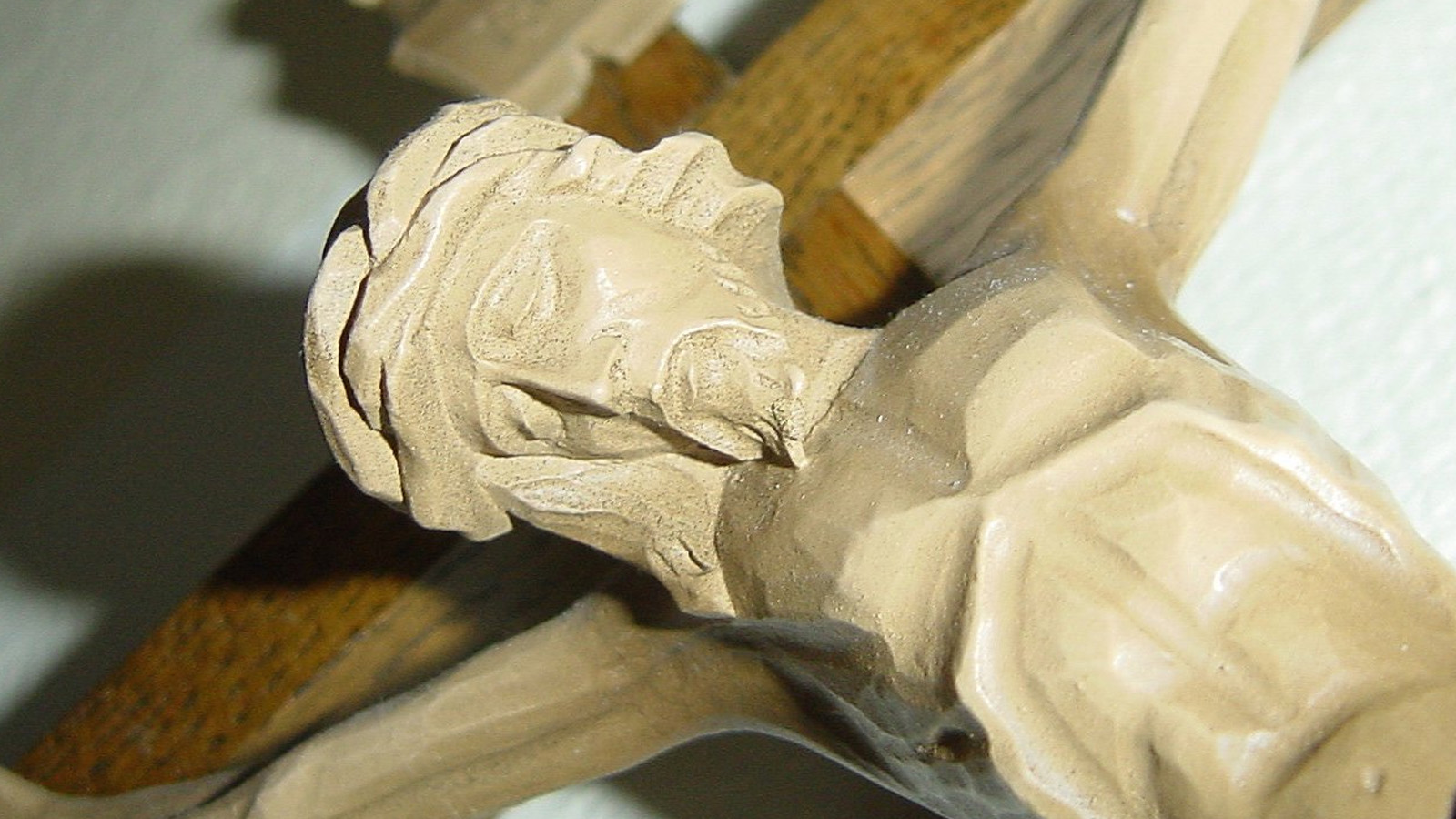Homicide detectives see a lot of dead people. I certainly saw my share, investigating murders in Los Angeles County for nearly two decades. For much of that time, I was a committed atheist, and I rejected the Easter claims related to the Resurrection of Jesus. Dead people, in my experience, simply didn’t rise from the grave (or the coroner’s slab). As I read the Passion Week accounts for the first time as a curious thirty-five-year-old skeptic, I began to wonder if Jesus really died on the cross during his crucifixion. If he simply looked dead, the disciples might have mistaken a simple resuscitation for a resurrection. After all, the Biblical record in John’s gospel indicates the two thieves crucified alongside Jesus were still alive when the soldiers arrived to remove the bodies from the crosses (John 19:31-35). If the two thieves were still alive, isn’t it reasonable to believe Jesus might also have been alive? I decided to apply everything I knew as a homicide detective to the crucifixion account in the Gospels.
What I learned changed my mind. The more I learned about the nature of death, the more convinced I became that Jesus really died on the cross. Share on X
There are several good evidential reasons to believe that Jesus was dead when his followers took him down from the cross:
The disciples would have checked – It’s been my experience that witnesses who first come upon the dead body of someone they care about quickly check for the most obvious signs of life. Is the injured person still breathing? Does he or she have a pulse? These tests are simple and effective; everyone can perform them, and even those who know nothing about human biology instinctively resort to them. It’s unreasonable to believe the disciples wouldn’t have at least verified the death of Jesus with these simply techniques.
The disciples would have noticed – It’s also been my experience that three conditions become apparent in the bodies of dead people (this is known as the “Mortis Triad”): temperature loss, rigidity, and discoloration. Dead people lose warmth until they eventually reach the temperature of their environment (“algor mortis”). They begin to feel cooler to the touch. In addition, chemical reactions begin to take place in the muscles after death occurs, resulting in stiffening and rigidity known as “rigor mortis.” Dead people become rigid, retaining the shape they were in when they died. Finally, when the heart stops beating, blood begins to pool in the body, responding to the force of gravity. As a result, purple discoloration begins to become apparent in those areas of the body that are closest to the ground (“livor mortis”). While you and I, living in the 21st Century, might not be familiar with these signs of death, people in the 1st Century couldn’t call a mortuary or coroner when someone died. They were very familiar with these tell-tale indicators. It’s unreasonable to believe the disciples would have missed them as they prepared the body of Jesus.
The disciples saw the water – The Apostle John, an eyewitness to the execution of Jesus, wrote that a guard stabbed Jesus in the torso while Jesus was hanging on the cross, causing a sudden flow of blood and water (John 20:34). That’s an important observation, given that John was not a coroner or medical doctor. I’ve been to my share of coroners’ autopsies, and I’ve spoken at length with coroner investigators at crime scenes. When people die from heart failure, they often experience “pericardial effusion” (increased fluid in the membrane surrounding the heart) or “pleural effusion” (increased fluid in the membrane surrounding the lungs). If Jesus died while pinned to the cross in an upright position, it’s reasonable to expect this kind of effusion. These fluids would certainly pour out of His body if he were pierced with a spear. Early readers of John’s account were confused by the description of water (In fact, early Church Fathers denied it was really water at all). John may himself have been confused by what he saw, since no one at the time understood pericardial or pleural effusion. But, this hidden piece of scientific evidence, described well before it was discovered scientifically, once again demonstrates that Jesus was dead when they removed him from the cross.
The more I learned about the nature of death, the more convinced I became that Jesus really died on the cross. Whatever I may have thought about the claims related to the Resurrection – the empty tomb or the committed testimony of the eyewitnesses – one thing was sure: The Resurrection of Jesus was not a resuscitation. It’s still true that ordinary people don’t rise from the grave, but Jesus is no ordinary person. Christians who celebrate Easter every year view the Resurrection of Jesus as the ultimate demonstration of His Deity.

J. Warner Wallace is a Dateline featured cold-case homicide detective, popular national speaker and best-selling author. He continues to consult on cold-case investigations while serving as a Senior Fellow at the Colson Center for Christian Worldview. He is also an Adj. Professor of Christian Apologetics at Talbot School of Theology, Biola University, and a faculty member at Summit Ministries. He holds a BA in Design (from CSULB), an MA in Architecture (from UCLA), and an MA in Theological Studies (from Gateway Seminary).








































